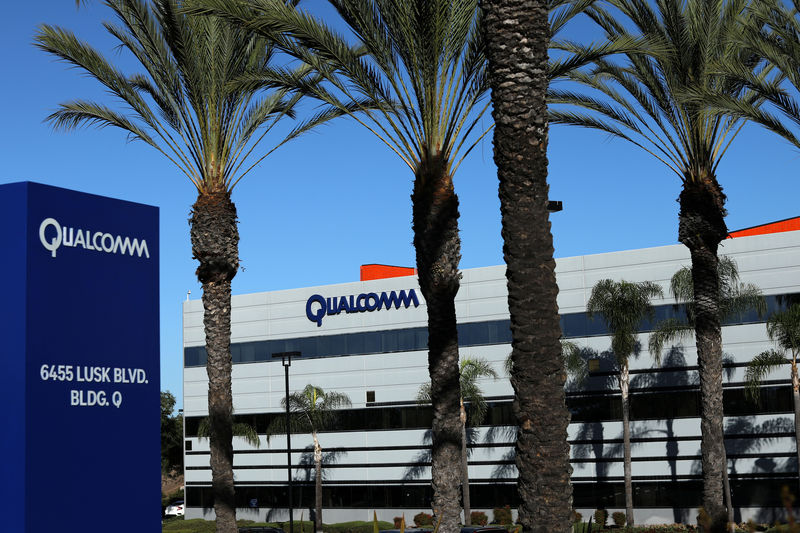This post was originally published on this site
https://i-invdn-com.investing.com/trkd-images/LYNXMPEJ160ZS_L.jpg
SAN FRANCISCO (Reuters) – The chief executive of Softbank-owned British chip technology firm Arm told Reuters on Tuesday that the company is committed to a stock market float this year.
“The plans are actually fairly well developed and underway now,” Rene Haas said in an interview after Arm’s corporate parent reported its fourth straight quarter of losses. “We’re doing everything we can and are committed to have it happen this year.”
Arm’s fiscal third quarter sales were up 28% to $746 million, one of the few growth areas for Softbank (OTC:SFTBY) as its vast portfolio of early stage technology startup investments weighed on its results.
Arm is the world’s biggest supplier of chip design elements used in smartphones, selling intellectual property to companies like Apple Inc (NASDAQ:AAPL) and Qualcomm (NASDAQ:QCOM) Inc. Arm makes money off upfront licensing deals with such companies and then a royalty on each chip sold using its technology.
Part of Haas’ strategy has been to speed up Arm’s push into other markets such as data center servers, where companies like Amazon.com Inc (NASDAQ:AMZN)’s cloud unit are using Arm-based chips.
Those efforts helped boost upfront license revenue 65% to $300 million as Arm signed new deals in cloud computing and other segments, though company executives conceded that some of the growth was driven by multiple deals landing at once.
Arm said per-chip royalties, which are steadier than its deal-making business, were up 12% to $446 million in the quarter. That growth came amid a slowdown in the smartphone business that dragged down results at Apple and Qualcomm.
Haas said Arm is “not immune” to the softening smartphone market but that the company has licensed more intellectual property into each chip than in the past. With the most advanced phone chips now using 10 to 12 computing cores along with the newest version of Arm’s computing architecture, he said that translates into higher royalties for each chip sold.
“The diversification that we’ve done and, in core markets, just having more technology in the chips means that we’ve been able to withstand the downturn better than most,” Haas said.

